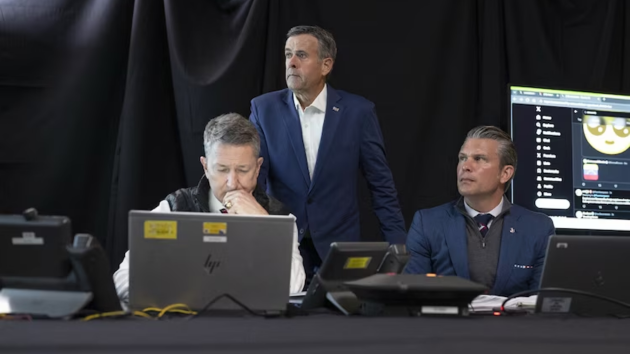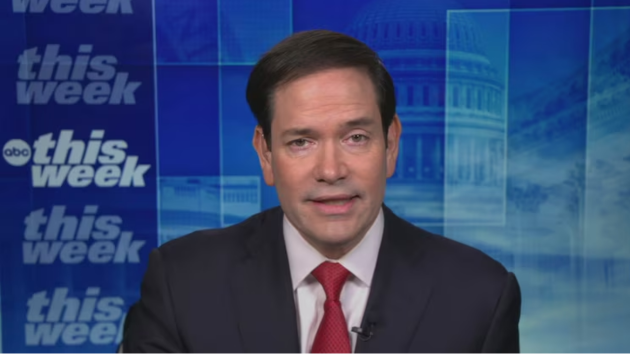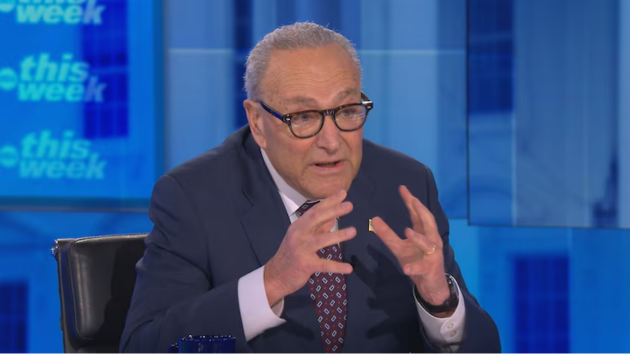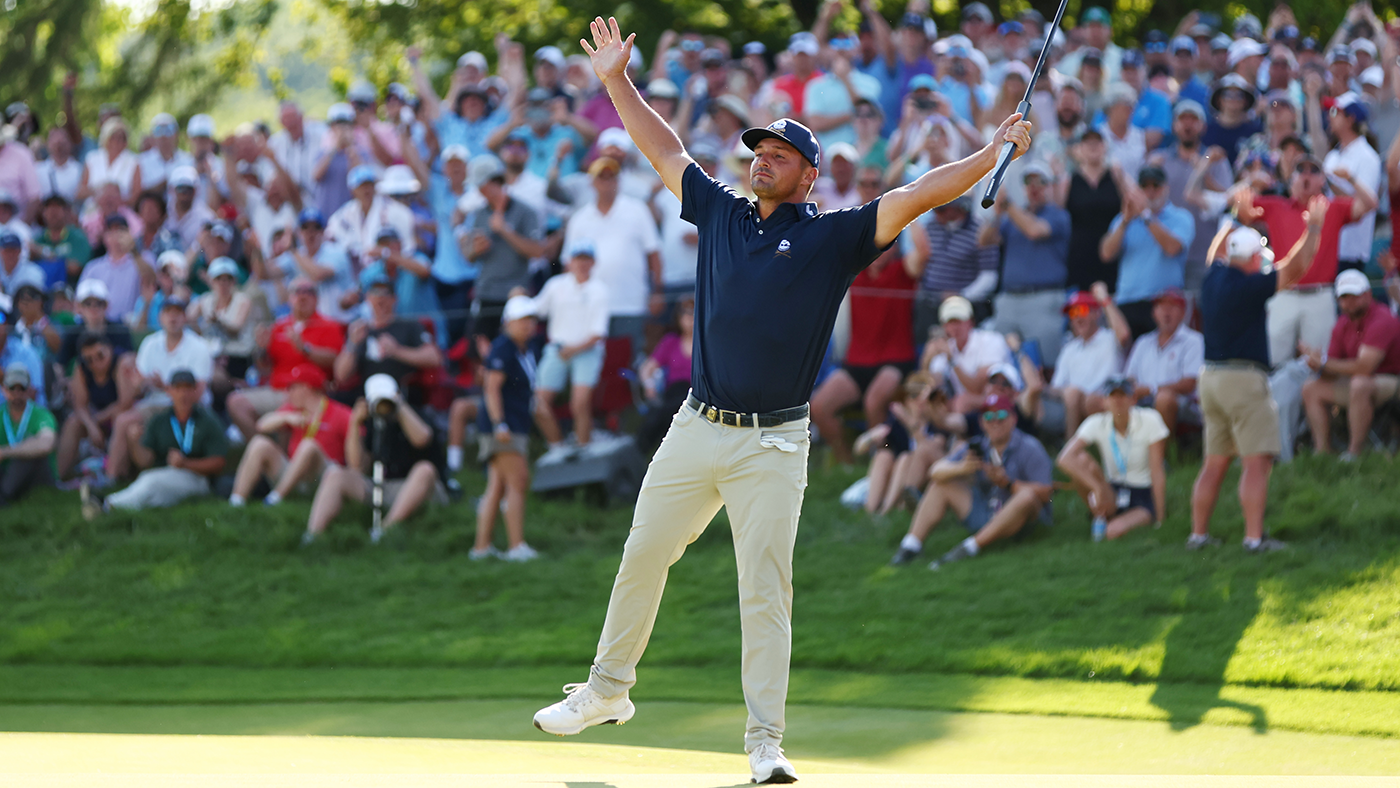With RFK Jr. seeking spot on debate stage, a look at the last independent candidate to make it
Written by ABC Audio ALL RIGHTS RESERVED on May 20, 2024

(WASHINGTON) — In October 1992, businessman and independent presidential candidate Ross Perot stood at a podium to the left of Bill Clinton and George H. W. Bush at the third presidential debate of the general election cycle.
An independent candidate for president has not made it on the debate stage since.
Three decades after Perot participated in all three general election debates en route to winning nearly 20 million votes, Robert F. Kennedy Jr. hopes to join President Joe Biden and former President Donald Trump in next month’s CNN debate.
Kennedy, though, faces a difficult task in meeting CNN’s thresholds, which the network announced last week after it said it had reached agreements with Biden and Trump on the terms of the debate, to be held in Atlanta.
To qualify, Kennedy must net at least 15% in four separate national polls that meet CNN’s standards for reporting and appear on enough ballots to reach 270 electoral votes.
Kennedy polls around 10 percent, according to 538’s national polling average, and he is confirmed on the ballot in only enough states to reach 35 electoral votes, according to state officials.
The independent candidate has insisted he will meet the criteria, and in a post on X last week, he accused Trump and Biden of “colluding” to keep him off the debate stage after Biden and Trump agreed one of the conditions of the debate is that it’s just between the two of them — barring Kennedy from participating.
Kennedy said Sunday that his team was “in discussions” with CNN, though he did not elaborate on what those talks entailed. A CNN spokeswoman did not respond to a request for comment.
The independent candidate said last week that he would meet the criteria, though he did not specify how, while also accusing Trump and Biden of “colluding” to keep him off the debate stage.
It was less difficult in 1992 for independent candidates to qualify for presidential debates, according to Ballotpedia, which noted that the Commission on Presidential Debates did not automatically exclude a candidate based on poll numbers then (in 2000, the commission cemented a 15% polling minimum as part of its criteria).
Perot qualified for the 1992 debates using criteria set by the Commission on Presidential Debates, which has organized the debates since 1988. But those criteria did not include a 15% polling threshold like the one Kennedy faces today. The commission implemented such a threshold in 2000, which CNN has adopted for its June debate,
Moreover, Perot had achieved ballot access in all 50 states, which he accomplished in part by having an “enormous amount of money,” according to Bernard Tamas, a professor at Valdosta State University and author of the book, “The Demise and Rebirth of American Third Parties.”
Perot also had the support of a large swath of the American electorate — enough so that he led Clinton and Bush in polls earlier that year, a marker Kennedy has not approached this cycle.
Perot was “well received” in the 1992 debates, Tamas told ABC News. But he may have turned off a portion of the electorate who saw him as “not highly scripted or well prepared” on key issues, according to Barry Burden, a professor of political science at the University of Wisconsin.
Despite eventually winning millions of votes across the country, Perot did not win a single state.
Increasing partisanship and party loyalty may have contribute to the fact that no independent candidates since Perot have made a major debate stage, Burden told ABC News.
“[In] ’92, when Perot did so well, was probably the last presidential election before the real ramp-up in partisan animosity got escalated over time, and so I think there were more voters who were open to considering a candidate who wasn’t of their party, and a lot of voters who weren’t attached to a party psychologically,” he said.
Kennedy enjoys strong support relative to recent independent presidential candidates, but Tamas noted while Kennedy is likely to get ballot access in each state, the 15% polling threshold is still a high bar that the candidate will have to work hard to reach.
“In terms of getting his support up to 15%, while possible, that’s going to be the much more difficult hurdle for him [in making a debate stage],” Tamas said.
Copyright © 2024, ABC Audio. All rights reserved.
 KVSP
KVSP 




